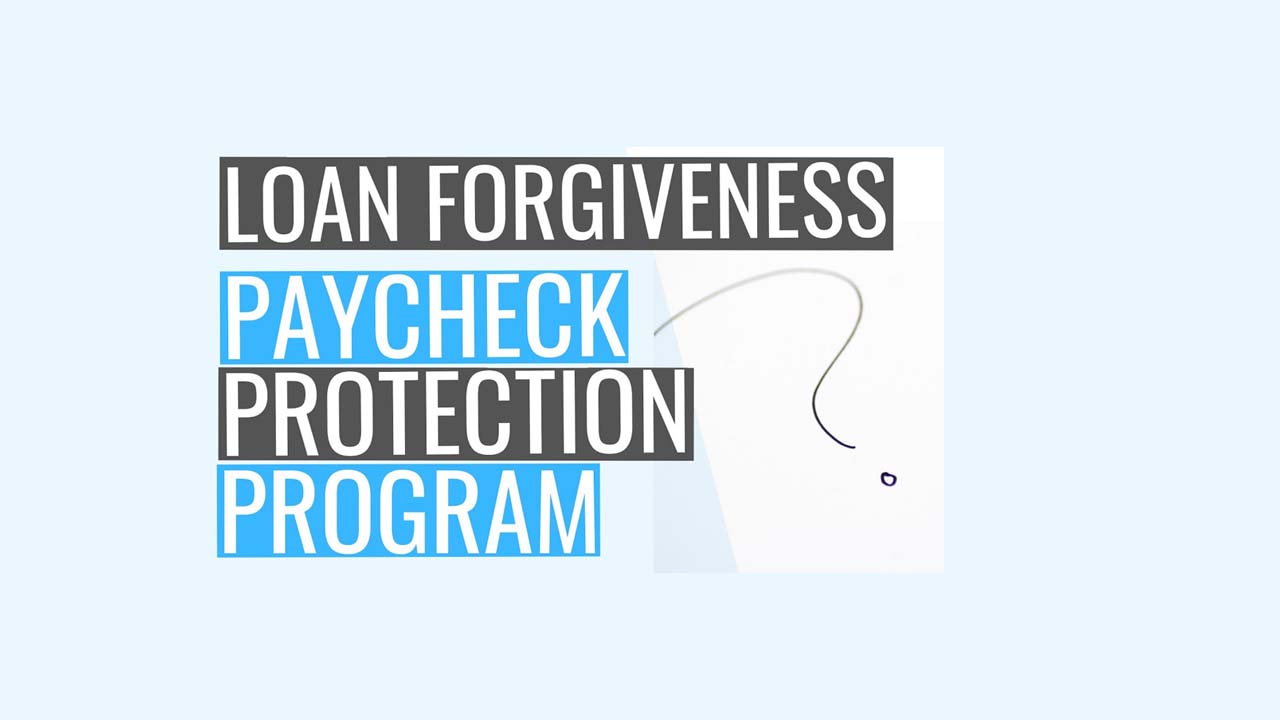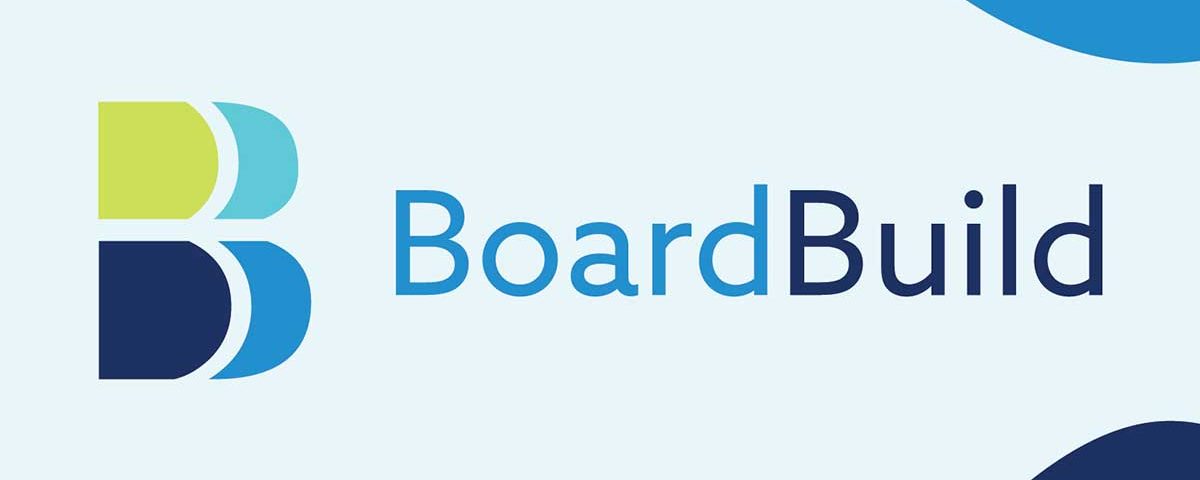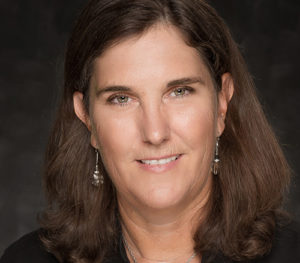
Maxie Carpenter Predicts, “The Future of Nonprofit Work is Already Here”
June 13, 2020
Revised PPP Nonprofit Loan Forgiveness Application – June 18, 2020
June 15, 2020Pam Cannell – COVID-19 Illustrates the Need for Strong Nonprofit Leadership

Pam Cannell – COVID-19 Illustrates the Need for Strong Nonprofit Leadership is Pam Cannel’s take on issues nonprofits face while navigating COVID-19. Pam is the CEO of BoardBuild. Here’s what she has to share:
The ability of any organization to respond quickly and effectively to unforeseen, sometimes seismic, shifts has long been the hallmark of successful organizations led by great leaders. At no time in recent memory has this concept proven to be more fitting than during the COVID-19 pandemic. From healthcare to ecommerce, all industries are being affected in some way; perhaps none more than the nonprofit world which serves as society’s shock absorber.
Today, strong board governance is more important than ever. As the decision-makers and leaders of nonprofit organizations, it is the board of directors’ responsibility to fulfill the organization’s mission. Strategic planning, financial oversight, and resource allocation are a few of the many critical board contributions. Effective board governance requires trained and experienced leaders and demands a diverse, inclusive, and equitous environment. Issues must be confronted, collaboration must be celebrated, and differing viewpoints must be welcomed. With the right board leadership, nonprofit organizations can weather the storm of this pandemic.
It’s not enough to tackle a global problem of this magnitude purely from an operational standpoint, with a short-term action plan. Truly effective boards must be able to reach past the standard practices of crisis management and display leadership that addresses the underlying social and economic factors affecting our communities. Board leaders must face difficult questions about the growing equity gaps in the communities they serve, the strength and resilience of their organization, and evaluate the values the organizations themselves were founded on.
In driving toward answers to these questions, boards must be strong enough to assess not just the performance of their organization, but the very nature of the service they provide. There must be strong and capable voices offering guidance, pointing the direction, and encompassing an altruistic spirit. Nonprofits are uniquely positioned to do this, because well-constructed, diverse boards are full of energetic, creative and passionate leaders who seek to fulfill a mission and serve their communities.
Pam Cannell – COVID-19 Illustrates the Need for Strong Nonprofit Leadership
Equity Gaps
Struggles that span the globe may be equally forceful but are rarely equally felt. As capable leaders who often assist underserved populations, nonprofit boards understand that struggles like this do not have the same effects in all communities. In fact, because the COVID-19 virus has no regard for status or location, it not only disarms our systems of service and commerce, it highlights the existing inequities in our communities.
In modern memory, no health crisis has spread so far across the globe with such devastating outcomes. The convergence of traditional and social media ensures messages reach audiences larger than any seen in history. With the eyes of the world focused more intently than ever before on how organizations speak and act, it is paramount that board members provide leadership that tackles issues head on and publicly acknowledge the inequities that have been exacerbated by this pandemic.
By pursuing worthwhile missions, social sector organizations have in some ways already taken a public stand against systemic inequities. However, if we seek to close the growing equity gaps for vulnerable communities, diverse and well-trained nonprofit boards must bring resources and connections together to encourage innovative thinking, introduce fresh perspectives, and extend our organizational networks.
Resiliency
In order to further and fulfill a mission, nonprofit leaders must ensure that the organization can and will do their best to anticipate, respond to, and adapt to change – both incremental and sudden – in order to survive. A group of leaders, assembled from diverse backgrounds and trained to serve, can provide the foundation and strength needed for an organization to thrive.
Effective boards offer an ongoing and honest assessment of an organization’s mission and efforts toward fulfilling that mission. That means they are actively listening for opportunities to better serve their community.Turning on the news for even a few minutes in recent weeks has shown that voices of all ages, races, and backgrounds want to be heard and understood. Taken collectively, these voices are all asking for change where it is needed and for the world around them to improve. As global issues increase, political tensions rise, and this health crisis continues, nonprofit boards must be able to listen, lead through change, and adapt.
Leaders may not know exactly what is coming, but through experience, training, and analysis, leaders will anticipate and prepare for the changes ahead. As Shakespeare said: “All things are ready, if our mind be so.”
During this pandemic, and as the scope of the crisis unfolds in ways never seen before, the need for diversity in nonprofit boards becomes even more pronounced. Leaders that consider and create space for voices that can better represent and identify with the issues at hand offer their organizations a greater chance of survival.
Values
Nonprofits form a social contract with our communities and with those we serve. We have the ability and the responsibility to evaluate the terms and conditions of those contracts. Are our value structures in place and up to date? Do these values still hold true in the ways they were originally intended? Are we, as leaders, living up to these values as a board and as an organization?
The true moral purpose and values of a nonprofit are reflected in the board’s governance. They are the engine of an organization, as well as its compass. When leaders regularly examine, in the context of their communities and its needs, their organizational value systems they perform an unending stress test. Boards that consistently evaluate the nature of their values, and how they are incorporated, build stronger organizations which therefore better serve and strengthen their communities.
As this pandemic has shown across the country, and especially in the nonprofit world, strong and diverse leadership must come together to address and re-evaluate, the values on which their organizations, and the social sector as a whole, have been based. We need to enter into tough conversations within our own organizations, as a nonprofit community, and across the communities we serve.
Trained, experienced, diverse leaders who are committed to addressing equity gaps and building resilient organizations are desperately needed. Today, more than ever, nonprofit board of directors must be prepared to steer the ship in calm seas and be equally equipped to lead through stormy waters.
Pam Cannell – COVID-19 Illustrates the Need for Strong Nonprofit Leadership was first posted at INSIDE CHARITY
For more articles like Pam Cannell – COVID-19 Illustrates the Need for Strong Nonprofit Leadership VISIT HERE

Pam Cannell has dedicated her entire career to nonprofit leadership and board governance, playing an active role in the nonprofit community for over 25 years. Pam is passionate about creating opportunity through collaboration and demonstrates her commitment as a Board Member and Officer of the National Drowning Prevention Alliance, Founder and Board Member of the Fort Worth Drowning Prevention Coalition, and a Trustee of the Garrett Family Preserve. She is also an engaged member of the Rotary Club of Fort Worth, Women’s Policy Forum, UPWARD Women, Tarrant County Child Fatality Review Team and serves as the co-chair for the 2020 National Water Safety Conference. Pam holds a Bachelor of Arts Degree from the University of Missouri and pursued graduate work at the University of Pennsylvania.
